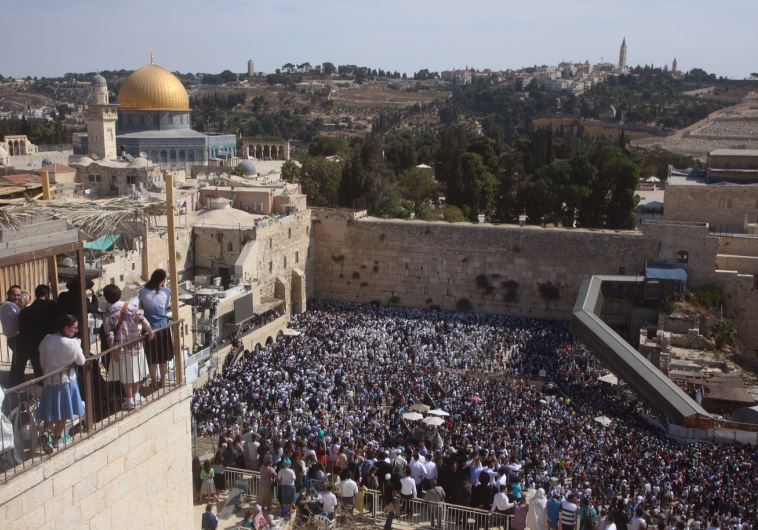UNESCO chief, Washington bash draft text claiming Western Wall is a Muslim Holy site
“We all have responsibility to UNESCO’s mandate, to take decisions that promote dialogue, tolerance and peace,” Bokova says.
 (photo credit: MARC ISRAEL SELLEM/THE JERUSALEM POST)Updated:
(photo credit: MARC ISRAEL SELLEM/THE JERUSALEM POST)Updated: